Unlock Early Access: Exclusive Savings at Auto Body Shop City Center
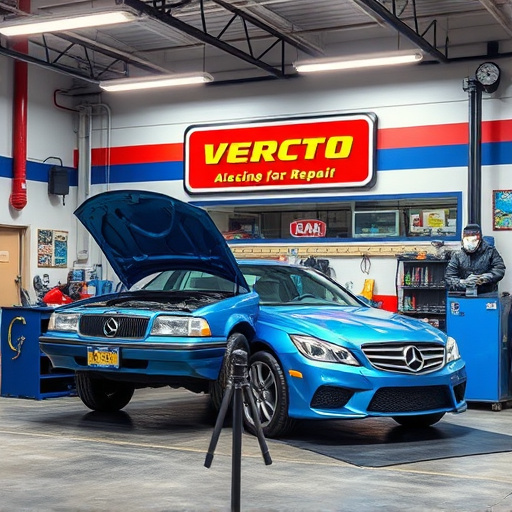
Early booking at Auto Body Shop City Center offers benefits like preferred times, reduced wait times…….
In the heart of bustling urban centers, where concrete jungles stand tall, a vital industry quietly transforms and revitalizes the very fabric of mobility—the auto body shop city center. This dynamic sector is not merely about fixing and restoring vehicles; it is a complex ecosystem that intertwines with the socio-economic landscape, technological innovations, and regulatory frameworks. As cities continue to evolve, so does the role of these shops, becoming catalysts for sustainable transportation solutions and pivotal contributors to urban rejuvenation.
This comprehensive article aims to unravel the intricate world of auto body shop city centers, exploring their significance, global impact, economic dynamics, technological breakthroughs, regulatory environment, challenges, and future prospects. By delving into these aspects, we will gain profound insights into an industry that is not only essential for vehicle owners but also plays a critical role in shaping the cities of tomorrow.
Definition: An auto body shop city center refers to a specialized automotive repair facility strategically located within urban areas, primarily focused on providing comprehensive services for all types of motor vehicles. These shops cater to the diverse needs of city dwellers, offering not just structural repairs but also cosmetic enhancements, customization options, and innovative solutions tailored to urban mobility challenges.
Core Components:
Structural Repair and Restoration: At the heart of these shops lies their ability to mend and restore vehicle bodies after accidents or wear and tear. This involves skilled technicians using advanced equipment for tasks like panel beating, welding, painting, and alignment.
Cosmetic Enhancement: Beyond structural repairs, city center auto body shops offer a range of cosmetic services, including detailing, paint protection coating, window tinting, and custom car wrapping. These services cater to customers seeking not just functionality but also aesthetic appeal in their vehicles.
Customization and Aftermarket Upgrades: Many urban auto body shops have evolved into hubs for vehicle customization. They provide aftermarket upgrades such as performance enhancements, audio systems, lighting modifications, and interior personalization, allowing owners to create unique, personalized vehicles.
Collision Repair Expertise: With high-density urban populations, collision repairs are a significant part of their service portfolio. These shops are equipped to handle complex accident scenarios, ensuring vehicles are restored to pre-accident condition while adhering to safety standards.
Technological Integration: Modern auto body shop city centers embrace technology, employing computer-aided design (CAD) software for precise measurements and repairs, laser scanning for 3D vehicle analysis, and robotic welding systems for increased efficiency and accuracy.
Historical Context: The concept of dedicated auto body shops can be traced back to the early 20th century when the automotive industry began to take shape. As vehicles became more accessible, so did the need for specialized repair facilities. Over time, these shops evolved from simple garages to complex, multi-service centers capable of handling various vehicle makes and models. The urban setting provided a natural habitat for such businesses due to high vehicle ownership density and readily available labor forces.
The influence of auto body shop city centers extends far beyond their physical locations, shaping global mobility patterns and contributing to sustainable transportation initiatives.
International Influence:
North America and Europe: These regions have a long-standing tradition of highly specialized auto body repair services, with cities like Detroit, Los Angeles, London, and Berlin becoming hubs for innovation. The North American market, in particular, has seen significant investment in robotic automation and advanced training programs, setting benchmarks for industry standards.
Asia Pacific: Rapid urbanization and a surge in vehicle ownership have fueled the growth of auto body shops across Asia. Cities like Tokyo, Seoul, and Shanghai are known for their bustling automotive repair districts, reflecting the region’s commitment to maintaining and enhancing vehicles amid dense urban environments.
Emerging Markets: Brazil, Mexico, and certain African cities are witnessing a rise in city center auto body shops as middle-class income levels increase. These regions are adopting global best practices while adapting services to local needs and vehicle types.
Key Global Trends:
Sustainability and Green Initiatives: There is a growing emphasis on eco-friendly practices, with many shops adopting water recycling systems, using environmentally friendly paints and materials, and promoting the use of electric vehicles (EVs). Some cities offer incentives for auto body shops to adopt renewable energy sources, contributing to carbon footprint reduction.
Digital Transformation: The digital age has revolutionized auto body shop operations. Online booking systems, customer relationship management (CRM) software, and mobile applications have improved customer engagement and service efficiency. Additionally, the rise of remote diagnostics and virtual consultations allows technicians to provide initial assessments without physical inspection.
Mobile Repair Services: In response to urban congestion and limited workshop space, some shops offer mobile repair services, bringing specialized equipment and expertise directly to customers’ locations, including offices and homes.
The economic landscape of auto body shop city centers is a complex interplay of market forces, consumer behavior, and industry investments.
Market Dynamics:
Competition: Urban areas typically host diverse auto body repair ecosystems, ranging from independent shops to large franchises. This competition drives innovation, pricing strategies, and service quality. Customers benefit from options that cater to various budgets and preferences.
Customer Demand: The demand for auto body services is influenced by several factors:
Price Sensitivity: Price sensitivity varies across demographics, with younger urban dwellers often prioritizing cost-effective solutions while older generations may opt for premium services.
Investment Patterns:
Franchise vs Independent Shops: Franchise operations enjoy economies of scale and consistent brand recognition, attracting investors seeking established business models. Independent shops, though offering more flexibility, require substantial capital investments in marketing, equipment, and skilled labor.
Technology Upgrades: Investment in advanced technology, such as robotic arms, laser scanners, and computer-aided design software, is a significant driver in the industry. These upgrades enhance efficiency, reduce errors, and improve overall service quality.
Real Estate Considerations: Prime locations near major transportation hubs or within mixed-use developments command higher rental rates. Shops in such areas may invest in expanding their facilities to accommodate growing customer demand.
Technological innovations have been a game-changer for auto body shop city centers, transforming traditional repair processes and opening new avenues for service offerings.
Significance of Technology:
Efficiency and Precision: Advanced tools like robotic welding systems, laser cutting machines, and CAD software enable technicians to work with unparalleled precision, reducing repair time and minimizing errors. This translates into cost savings for businesses and faster turnaround times for customers.
Enhanced Customer Experience: Digital technologies have elevated customer engagement, making appointments, tracking repairs, and receiving personalized recommendations more accessible. Online platforms allow customers to compare services, prices, and shop reviews, fostering a more informed decision-making process.
Data-Driven Insights: The collection and analysis of data provide valuable insights into repair patterns, popular vehicle models, and common issues specific to urban environments. This information guides businesses in inventory management, staff training, and strategic planning.
Emerging Technologies:
Artificial Intelligence (AI): AI has the potential to revolutionize auto body repair by automating repetitive tasks, improving predictive maintenance, and enabling advanced diagnostics. For example, AI-powered drones can perform initial inspections of vehicles, while AI algorithms can predict when a vehicle may require service based on usage patterns.
Virtual Reality (VR) and Augmented Reality (AR): These technologies offer immersive training experiences for technicians, allowing them to practice complex repairs in a safe, simulated environment. AR can also assist technicians during actual repairs by overlaying digital information onto physical vehicles, enhancing precision and efficiency.
3D Printing: 3D printing technology has applications in both repair and customization. It enables the reproduction of rare or hard-to-find vehicle parts, reduces waste, and allows for custom design elements, pushing the boundaries of what is possible in auto body crafting.
The auto body shop city center operates within a framework of diverse policies and regulations that vary significantly across regions, shaping their business practices and service offerings.
Key Policies and Regulations:
Workplace Safety Standards: Ensuring the safety of technicians and employees is paramount. Regulations mandate specific training programs, personal protective equipment (PPE), and safe handling procedures for hazardous materials.
Environmental Compliance: Auto body shops are subject to strict environmental regulations regarding waste disposal, emissions control, and the use of volatile organic compounds (VOCs) in paints and solvents. Proper management of vehicle fluids, such as oil and coolant, is essential to prevent environmental contamination.
Licensing and Permits: Operating a business in a city center often requires various permits and licenses, including trade licenses, business registration certificates, and health permits. These ensure compliance with local laws and safety standards.
Consumer Protection: Consumer rights legislation protects customers from unfair practices, ensuring transparent pricing, quality workmanship, and dispute resolution mechanisms. Shops must adhere to these rules to maintain customer trust and reputation.
Regulatory Challenges and Adaptations:
Varying Local Laws: Different cities and regions have distinct regulations, posing challenges for shops operating across multiple locations. Adapting to local requirements can be costly and time-consuming.
Emission Standards: Meeting ever-tighter emission standards, especially in densely populated urban areas, requires significant investments in cleaner technologies and equipment.
Waste Management: Proper disposal of automotive waste, including scrap metal, tires, and hazardous materials, is a critical aspect of sustainability that shops must navigate within regulatory frameworks.
Despite their vital role, auto body shop city centers face numerous challenges and criticisms that require strategic responses to ensure their long-term viability and positive impact.
Main Challenges:
Competition from Online Repair Services: The rise of online repair platforms offers customers convenience but poses a threat to traditional shops. These digital services provide price comparisons, online bookings, and home service options, attracting cost-conscious consumers.
Skill Gap and Training: Keeping up with technological advancements requires skilled technicians who can operate advanced equipment. Ensuring a qualified workforce through training programs is essential for maintaining service quality.
Urban Space Constraints: City centers often lack ample workshop space, leading to cramped facilities and challenges in accommodating larger vehicles or complex repairs.
Criticisms and Actionable Solutions:
Environmental Concerns: Critics argue that auto body shops contribute to urban air pollution and environmental degradation. To address this, shops can:
Customer Trust and Transparency: Misconceptions about repair costs and procedures can erode customer trust. Shops can combat this by:
Community Engagement: Auto body shops can foster better community connections by sponsoring local events, partnering with schools for automotive training programs, and supporting urban greening initiatives.
Real-world applications of auto body shop city centers provide valuable insights into successful strategies, innovative solutions, and the positive impact these shops can have on urban communities.
Case Study 1: Green City Auto Repair (Los Angeles, USA)
Green City Auto Repair stands as a testament to the fusion of environmental sustainability and automotive excellence. This shop embraced several eco-friendly initiatives, including:
Lessons Learned: Green City Auto Repair’s success demonstrates that adopting eco-friendly practices not only benefits the environment but also enhances a shop’s reputation, attracts environmentally conscious customers, and can lead to cost savings in the long run.
Case Study 2: Tokyo Motor Works (Tokyo, Japan)
Tokyo Motor Works has become synonymous with precision and innovation in auto body repair within the bustling metropolis of Tokyo. They achieved this through:
Lessons Learned: Continuous investment in training and embracing innovative technologies have allowed Tokyo Motor Works to stay ahead of the competition, ensuring they provide top-tier service while maintaining a strong customer base.
As we peer into the future, several trends and developments will shape the landscape of auto body shop city centers, presenting both opportunities and challenges.
Potential Growth Areas:
Sustainable Mobility Solutions: With growing global awareness of climate change, there is an increasing demand for eco-friendly vehicle repair and maintenance services. Shops that embrace sustainable practices, from energy-efficient equipment to the use of recycled materials, will be well-positioned for growth.
Autonomous Vehicle Services: As autonomous vehicles become more prevalent, auto body shops may need to adapt their service offerings. This includes developing specialized equipment and training programs to cater to the unique needs of self-driving cars, such as sensor calibration and software updates.
Digital Integration and Remote Services: The digital revolution is here to stay, with remote diagnostics, virtual consultations, and online booking systems becoming mainstream. Shops that seamlessly integrate these technologies into their operations will enhance customer convenience and access to services.
Strategic Considerations:
Data Analytics: Utilizing data analytics can provide valuable insights into customer preferences, repair patterns, and market trends. This information enables shops to make data-driven decisions, optimize inventory, and personalize marketing strategies.
Partnerships and Collaborations: Building strategic partnerships with local businesses, such as car dealerships, insurance providers, and transportation companies, can open new revenue streams and enhance customer reach.
Adaptability and Continuous Learning: The industry’s rapid evolution demands that shops stay agile and embrace continuous learning to keep up with technological advancements and changing customer expectations.
Auto body shop city centers play a pivotal role in supporting urban mobility, ensuring that vehicles on the road are safe, well-maintained, and environmentally friendly. Through technological innovation, strategic investments, and community engagement, these shops can overcome challenges and thrive in dynamic urban environments. As we look ahead, embracing sustainable practices, adapting to emerging technologies, and prioritizing customer satisfaction will be key to their long-term success.

Early booking at Auto Body Shop City Center offers benefits like preferred times, reduced wait times…….

Auto Body Shop City Center specializes in aluminum panel repairs for modern cars, offering expert Me…….
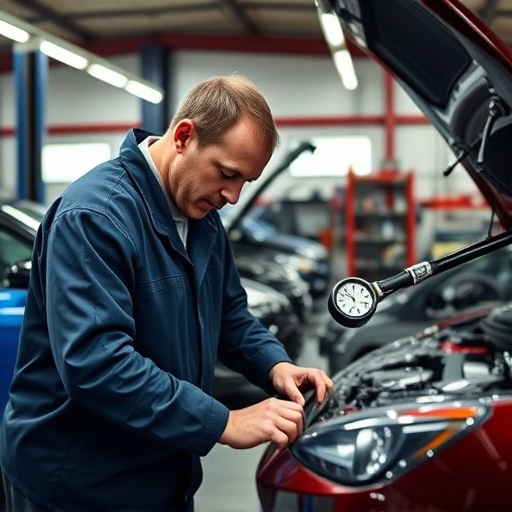
When choosing between auto body shops city center and dealership repair services, consider your vehi…….

Auto body shops in city centers offer a wide range of services, from minor dent repairs using Paintl…….
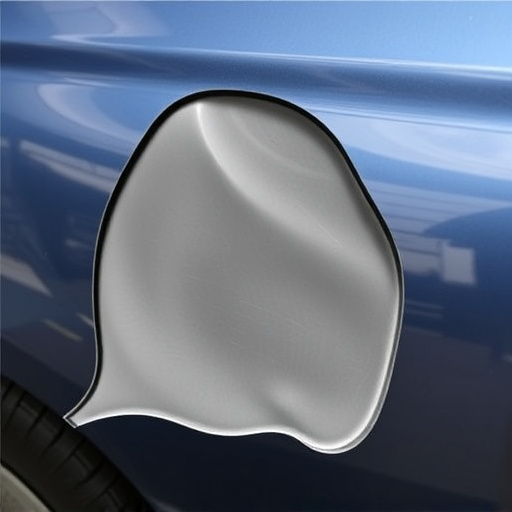
When choosing between a dealership and an auto body shop city center, consider their specialties. De…….
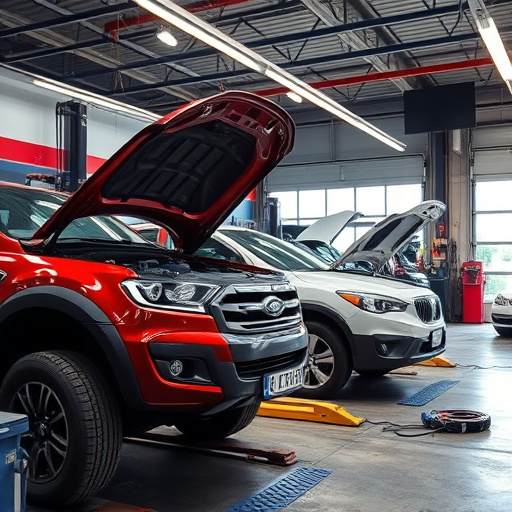
The strategic placement of an auto body shop in a bustling city center enhances accessibility, visib…….

Booking in advance at Auto Body Shop City Center offers strategic advantages for automotive repairs,…….
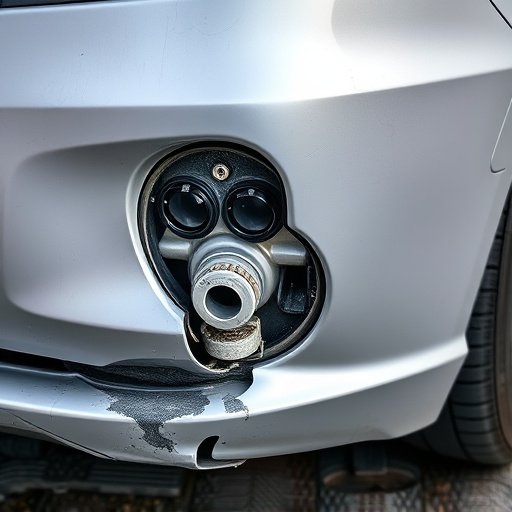
Evaluating and preparing a city center auto body shop lease return involves ensuring visibility, acc…….
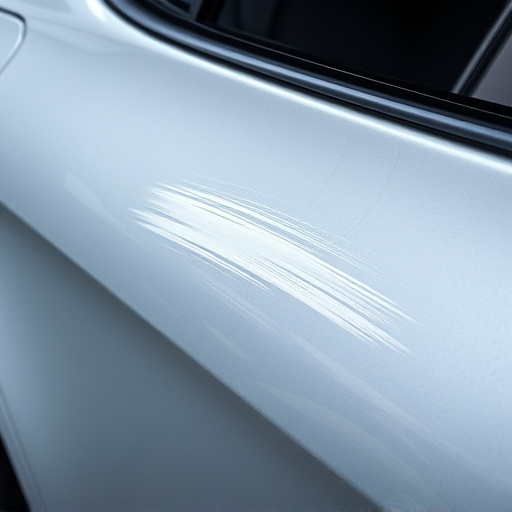
An auto body shop city center is key for restoring damaged vehicles to pre-incident condition, offer…….